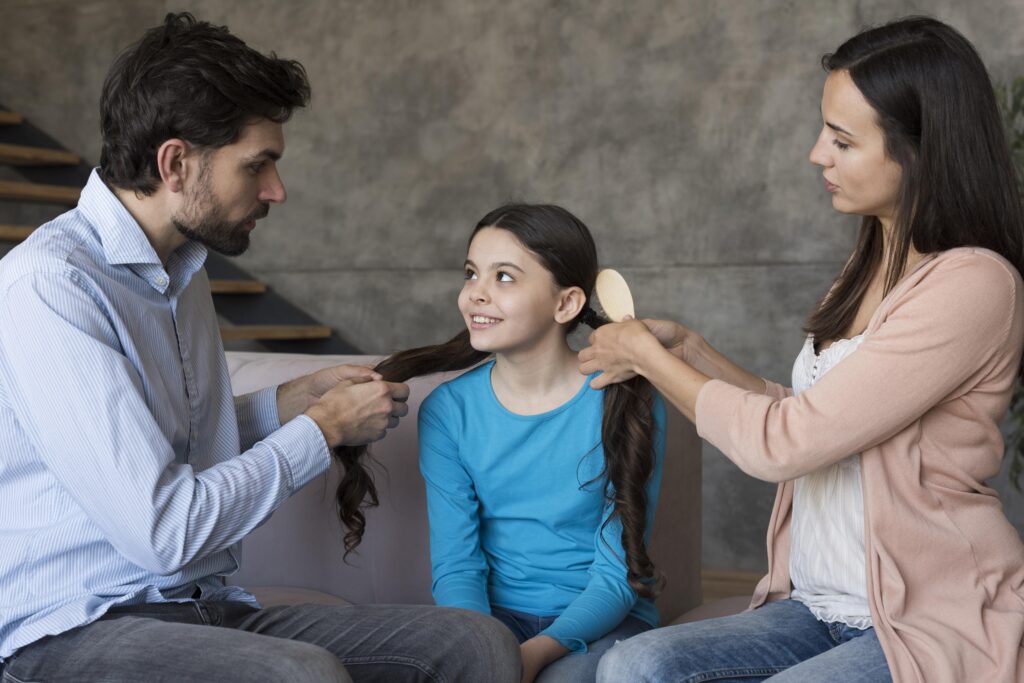What role do Non-Marital Relationships play in Modern Family Structures?
Posted on 21 March
In today’s evolving society, traditional family structures are no longer the sole framework for relationships and familial bonds. Non-marital relationships, including cohabitation, long-term partnerships, and chosen families, play a significant role in shaping modern family dynamics. As social norms shift, these relationships provide stability, emotional support, and diverse perspectives on what it means to be a family.
https://nestmatrimony.com/campaign
1. Expanding the Definition of Family
Family is increasingly defined by emotional connections rather than solely by legal or biological ties. Many individuals form deep, lifelong commitments outside of marriage, creating support systems that function just as effectively as traditional families. This includes cohabiting partners, close friends who share living arrangements, and extended kinship networks. https://nestmatrimony.com/campaign
2. Cohabitation and Partnership Without Marriage
Cohabitation has become a widely accepted alternative to marriage, offering couples flexibility and financial advantages without legal commitments. Many people choose to live together without marrying due to personal preferences, financial considerations, or past experiences. These relationships often mirror marital dynamics, including shared responsibilities, financial cooperation, and child-rearing.
https://nestmatrimony.com/campaign
3. Parenting in Non-Marital Relationships
Children are increasingly being raised in households where parents are not legally married. Whether through co-parenting arrangements, single-parent households with strong external support networks, or blended families, these structures demonstrate that commitment to parenting is not limited to marriage. Studies show that children thrive in environments with love, stability, and security—elements that can exist in both marital and non-marital family structures. https://nestmatrimony.com/campaign
4. Support Systems Beyond Marriage
Many individuals rely on close friends, mentors, or community groups as primary sources of emotional and financial support. These chosen families offer companionship and care, especially for those who may not have traditional family structures. LGBTQ+ individuals, for instance, often build strong support networks outside of biological families due to societal or familial challenges. https://nestmatrimony.com/campaign
5. Cultural and Societal Shifts
Across cultures, non-marital relationships are increasingly recognized as valid and essential family models. Many societies now acknowledge civil partnerships, domestic unions, and alternative family arrangements as legitimate. The rise of these relationships reflects changing attitudes toward commitment, independence, and the diverse ways people choose to build their lives. https://nestmatrimony.com/campaign
Conclusion
Non-marital relationships play a crucial role in shaping modern family structures by offering stability, love, and support outside traditional marriage norms. As society continues to evolve, these relationships will further redefine what it means to be a family, ensuring that emotional bonds and commitment remain at the heart of human connections—regardless of legal status. https://nestmatrimony.com/campaign










